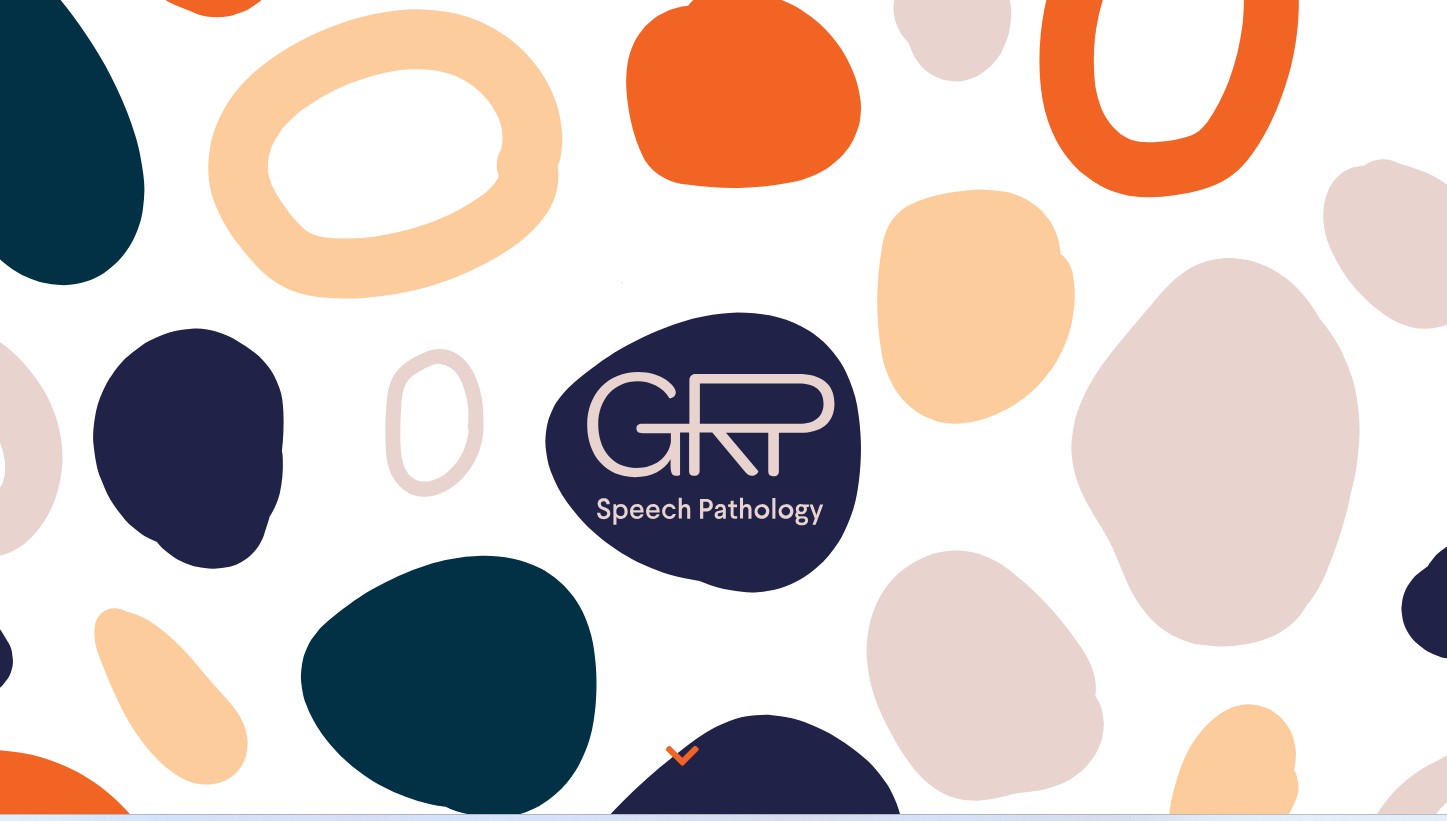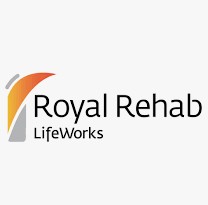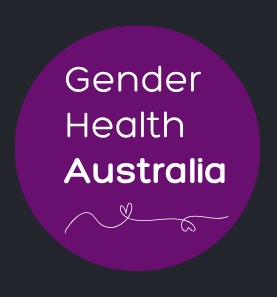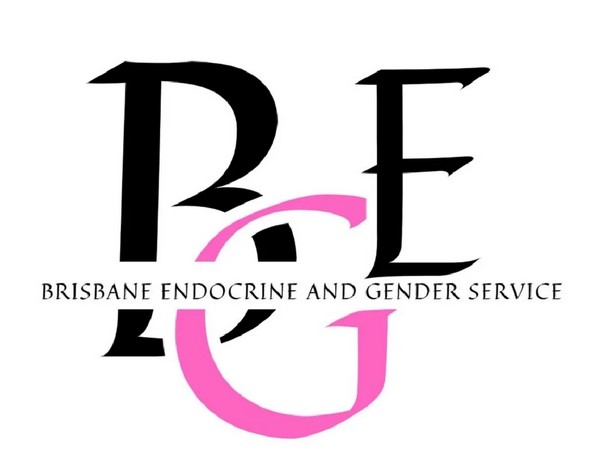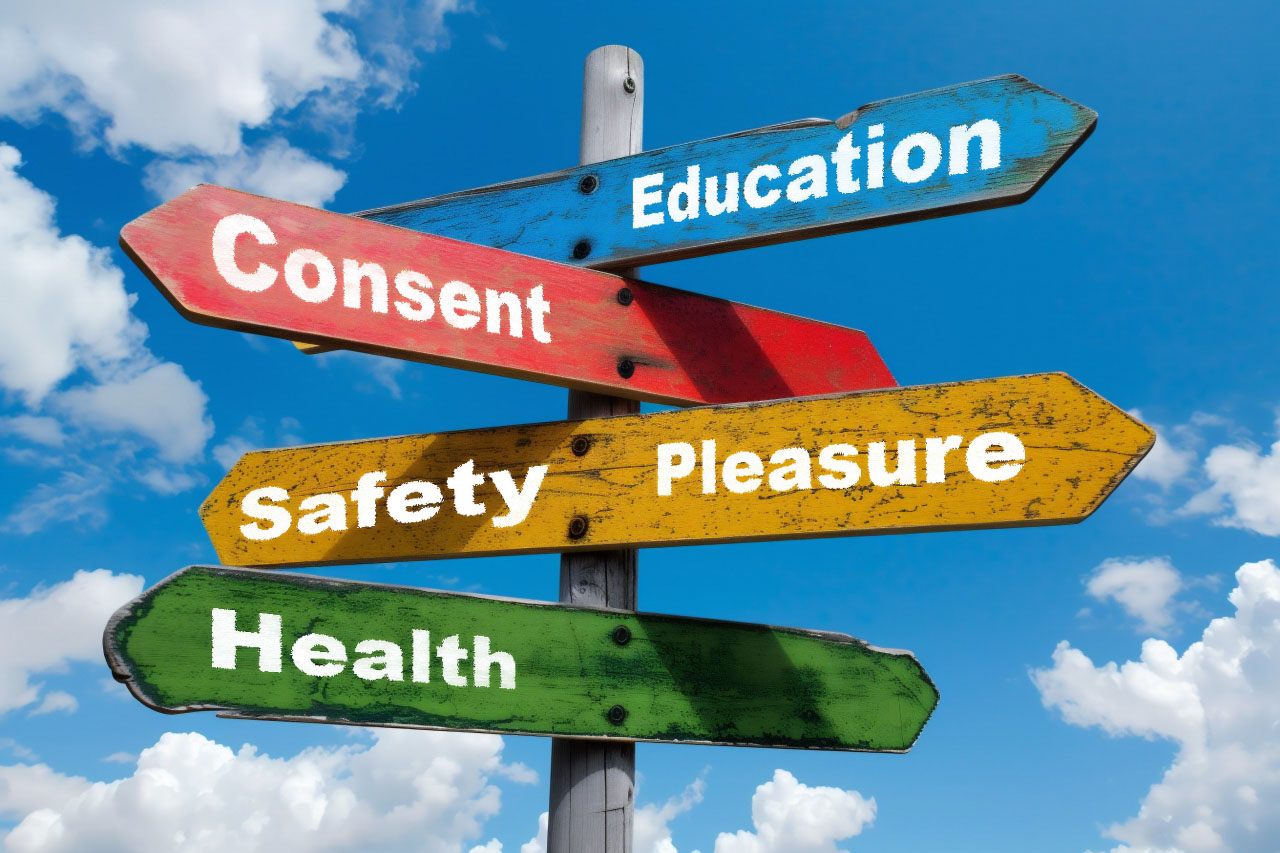
Discover inclusive, accessible sexual wellness support
The Hunnybee Collective is your trusted hub for inclusive sexual wellness education, resources, and support. Whether you're seeking guidance, connection, or confidence, we’re here to help you feel seen, heard and empowered.
Associated with
.avif)
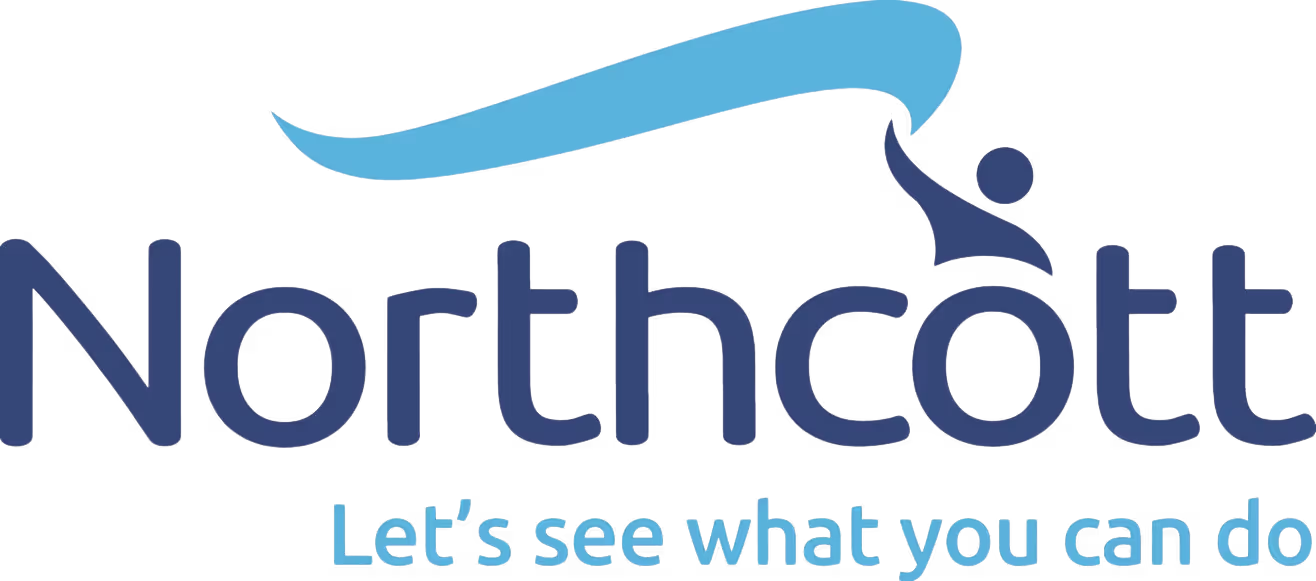
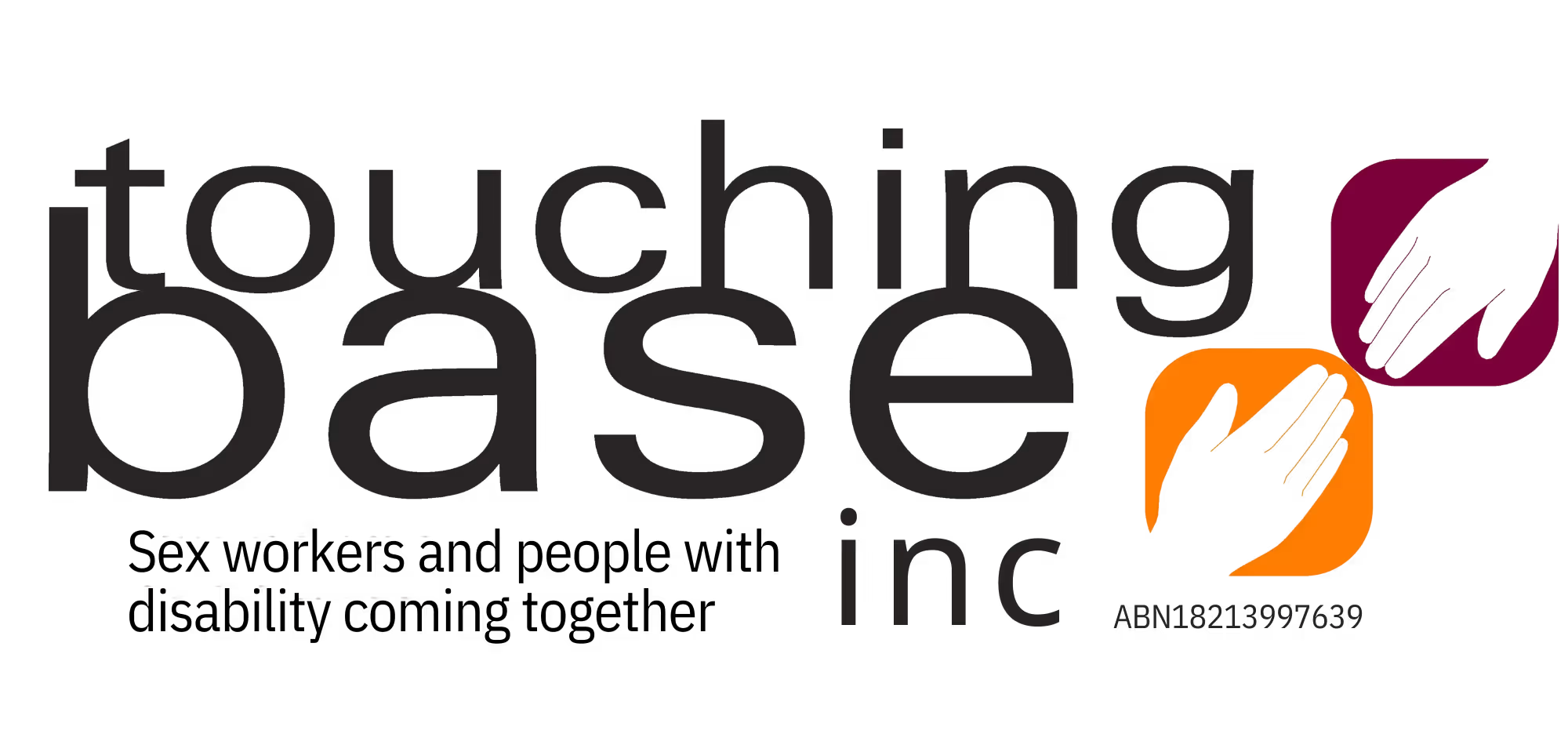

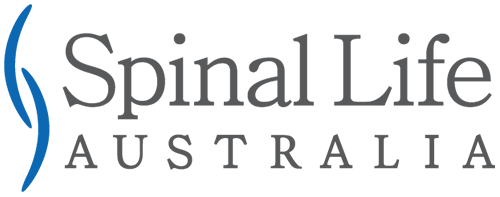

Furries
Furries are people who really enjoy and are interested in animals with human-like characteristics.
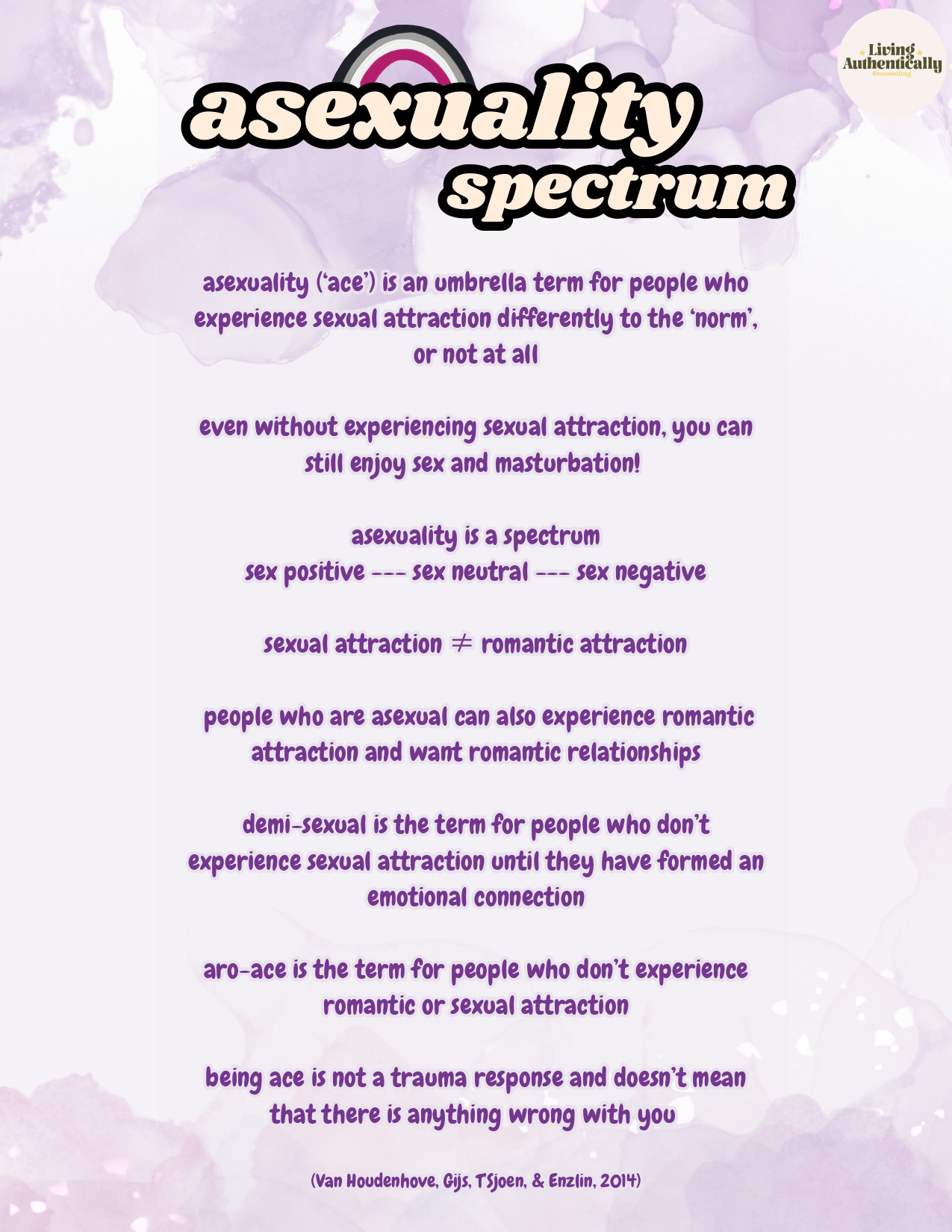
Asexuality Spectrum
asexuality ('ace') is an umbrella term for people who experience sexual attraction differently to the 'norm' or not at all.
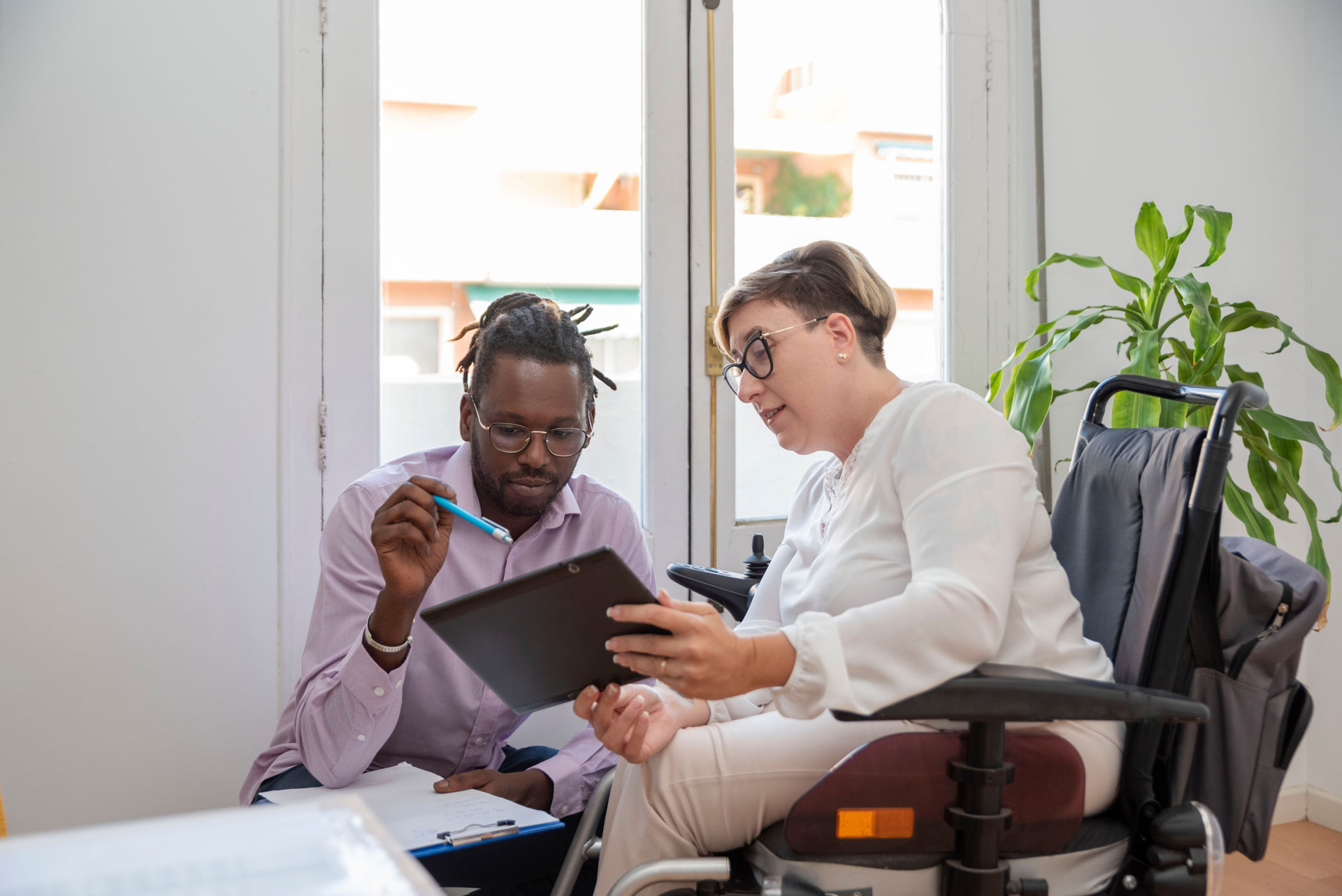
Understanding Dignity of Risk in the NDIS
“Dignity of risk” is a phrase often heard in the NDIS sector, but what does it really mean? At its core, dignity of risk is about recognising that every person, regardless of ability or disability, has the right to make their own choices, even when those choices involve risk.
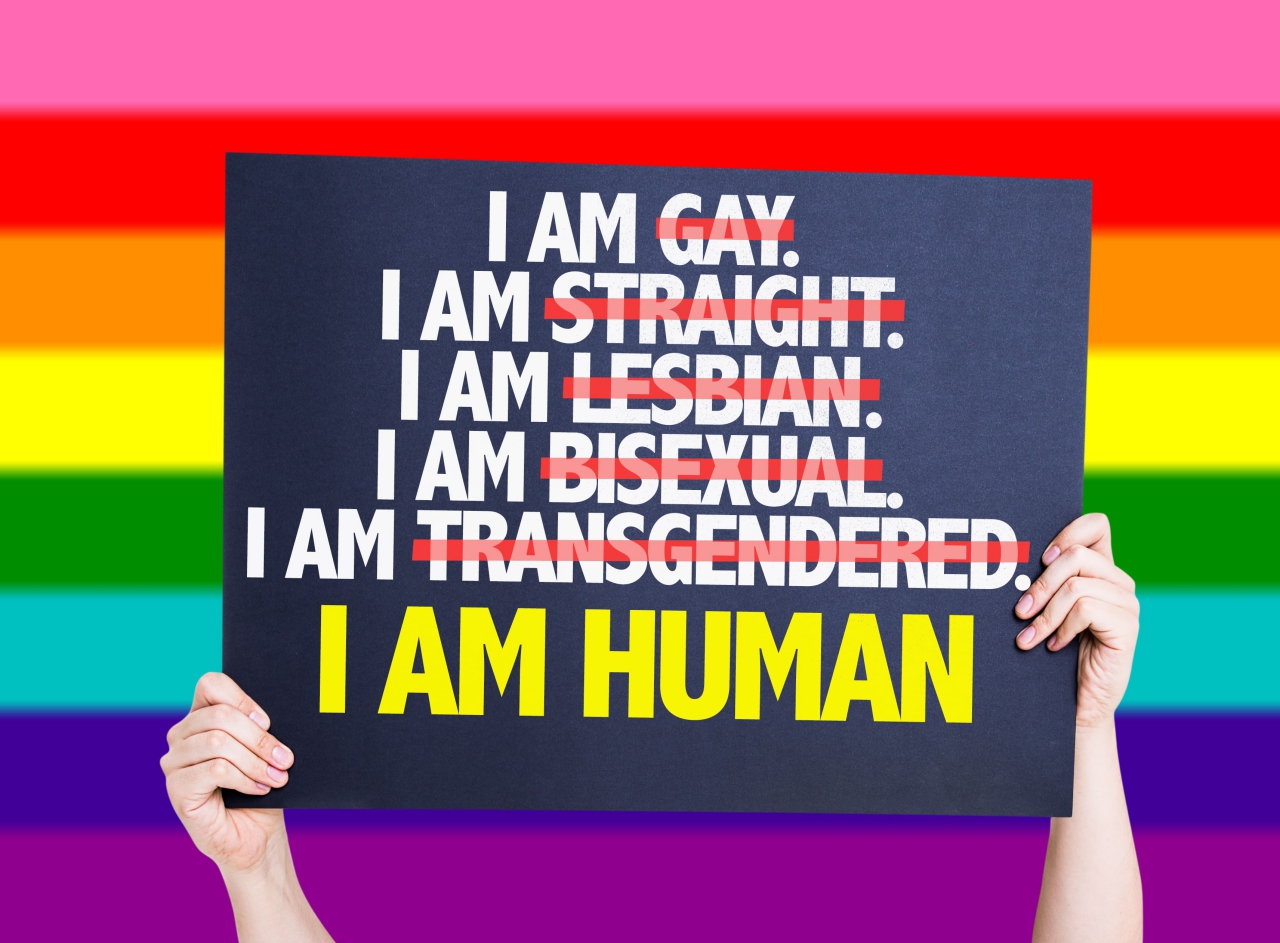
Case Study 2: Supporting NDIS Participants in Safe Gender Exploration
Supporting participants to explore gender identity is another vital part of holistic wellbeing. Many participants have not had opportunities to understand or express their gender fully, and support workers often become the trusted people they turn to for guidance.
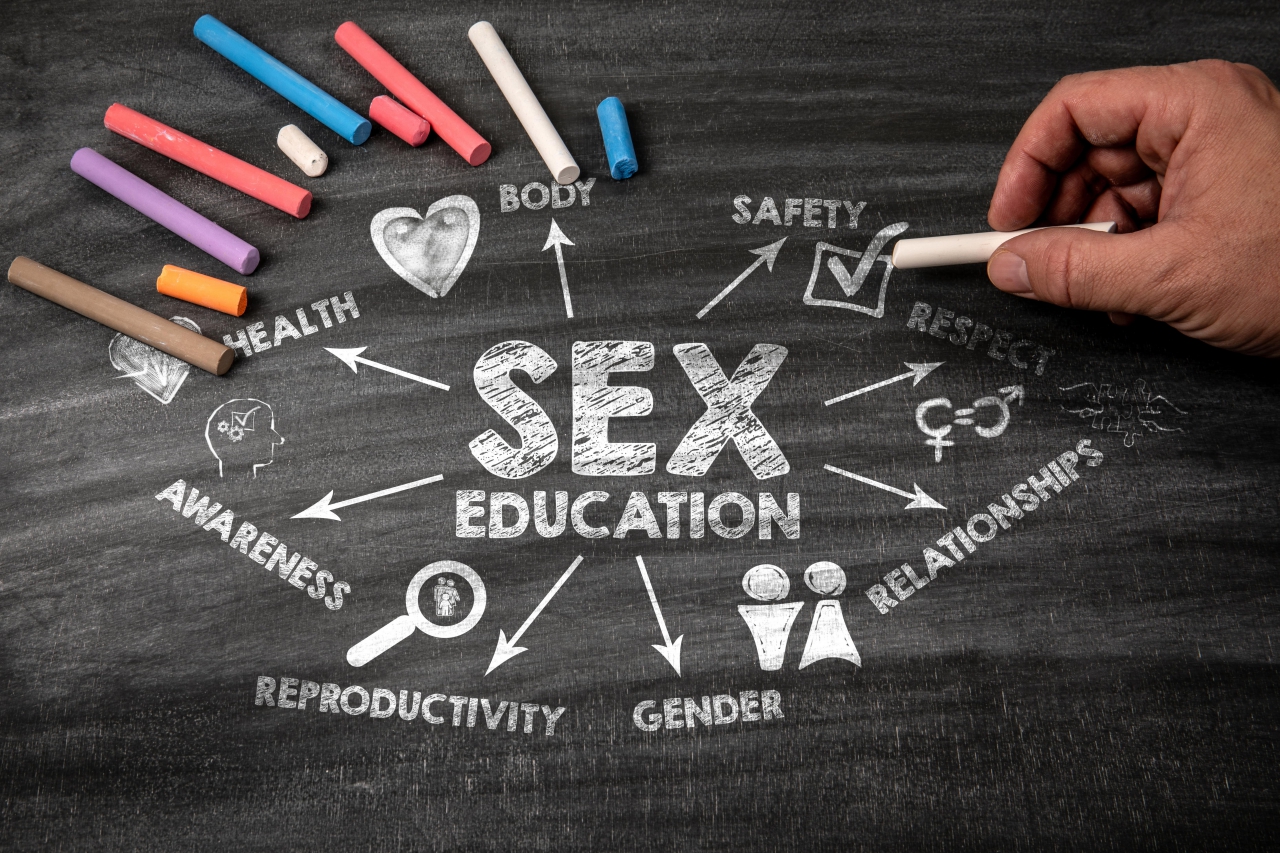
Case Study 1: Supporting NDIS Participants in Safe Sexual Exploration
Working in the NDIS sector, support goes far beyond day-to-day care. One area that often receives less attention, but is vital to holistic wellbeing, is helping participants safely explore their sexual expression while staying within the scope of your role.
We believe everyone deserves access to inclusive sexual wellness education and support. Our work is grounded in respect, lived experience and evidence-based care. We are building a space where people feel safe to ask questions, explore identity and take control of their wellbeing.
Our providers
Learn in a space where your questions are welcome
Join live sessions or watch on demand — all created by professionals who understand the real-world challenges of exploring sexuality, identity and connection.
- Sexuality & identity
- Consent & communication
- Relationships & intimacy
- Confidence & self expression
- Disability & sexual wellness
- Support & education for carers
We’re changing the way people access sexual wellness education
The Hunnybee Collective was created to do things differently
Our platform brings together professional insight and lived experience to support real conversations about identity, relationships and wellbeing. No judgement. No assumptions. Just safe, practical support.
60%
of Australians say they’ve had questions about sex or identity they’ve never felt comfortable asking.


80%
of people with disability want better access to sexual wellness information and support.
FAQs
Looking for more clarity before you reach out? Here are some common questions to help you feel more confident and informed.
Masturbation by itself when done privately, safely, and consensually, is not an incident under the NDIS. People with disability have the same rights to sexual expression, privacy, and bodily autonomy as anyone else. However, it can become an NDIS incident (and in some cases a reportable incident) depending on the context: 1. Not an incident - The person is masturbating in private and not causing harm to themselves or others. → This is a normal, healthy behaviour. Support workers should uphold the person’s privacy and dignity. 2. An incident - The behaviour happens in a public or shared space, or in front of others without consent. → This may be an incident because it could cause distress to others or indicate the person needs support or education about privacy and boundaries. 3. A reportable incident - If the behaviour involves harm, coercion, or lack of consent (for example, someone being touched without consent, or the person is being exploited), then it becomes a reportable incident under the NDIS Commission. Also, if a provider’s response to the behaviour involves the unauthorised use of a restrictive practice (like seclusion or restraint), that too must be reported. In summary: Masturbation isn’t automatically an incident. It’s only considered one if there’s harm, lack of consent, privacy violation, or inappropriate response from a provider.
Currently, NDIS funding does not cover sex workers or sexual services. However, it may fund related supports like sexual health education, psychological support, or occupational therapy related to intimacy or relationships.
This doesn’t automatically mean something is “wrong.” It may indicate the person needs: Support understanding privacy. Access to education about appropriate settings. Or sometimes, medical or emotional support if the behaviour is new or distressing. It should be handled respectfully, not punitively.
Absolutely. All people, regardless of ability, experience sexual feelings, attraction, and desire. Acknowledging and respecting these feelings is part of holistic wellbeing. Sexuality is a natural part of being human, and people living with a disability enjoy pleasure, intimacy, and relationships just as much as anyone else. Education, support, and adaptive strategies help navigate barriers.
Yes. There is a growing range of adaptive sex toys and assistive devices designed to make sexual activity and intimacy more accessible for people with physical, sensory, or cognitive differences. These tools aim to accommodate mobility limitations, sensory sensitivities, or difficulties with dexterity, allowing individuals to explore pleasure safely and comfortably.


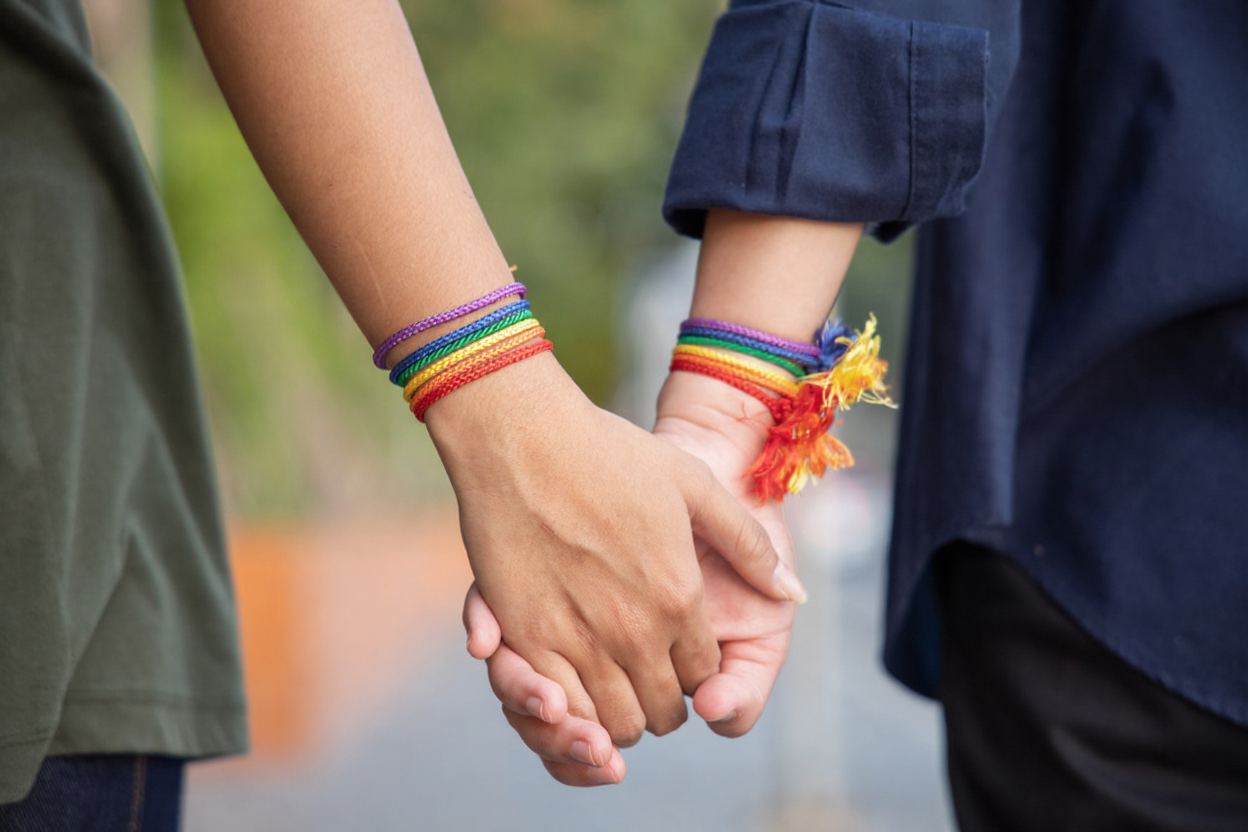
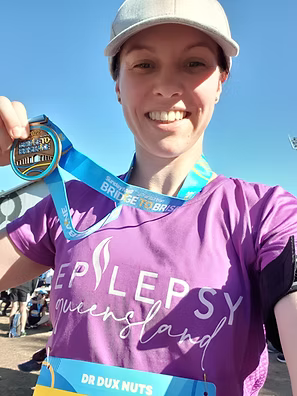





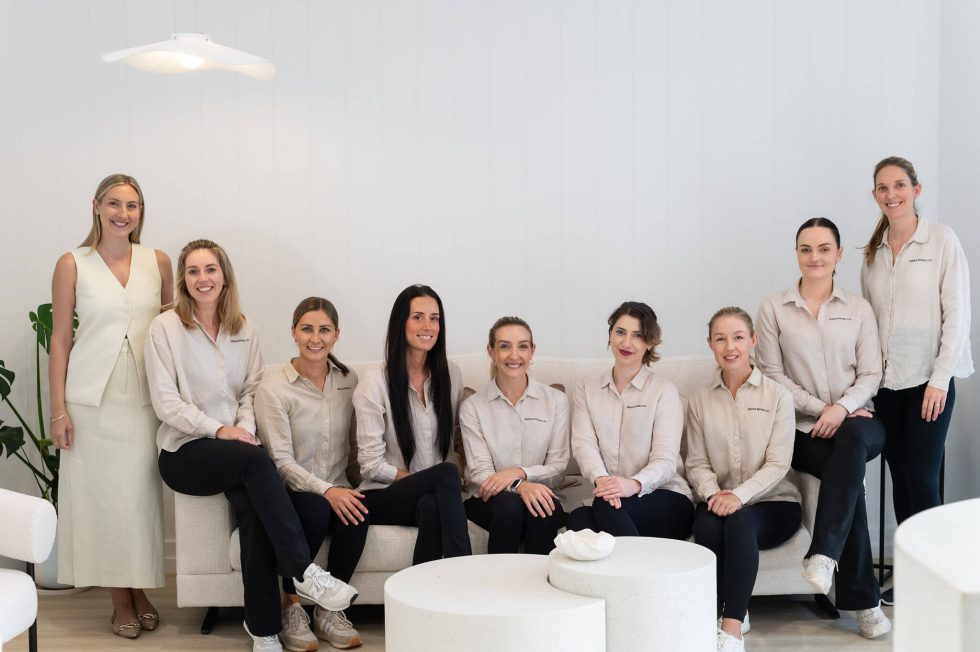

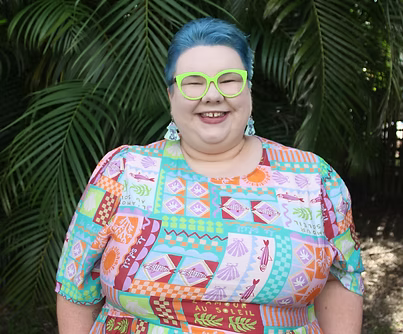
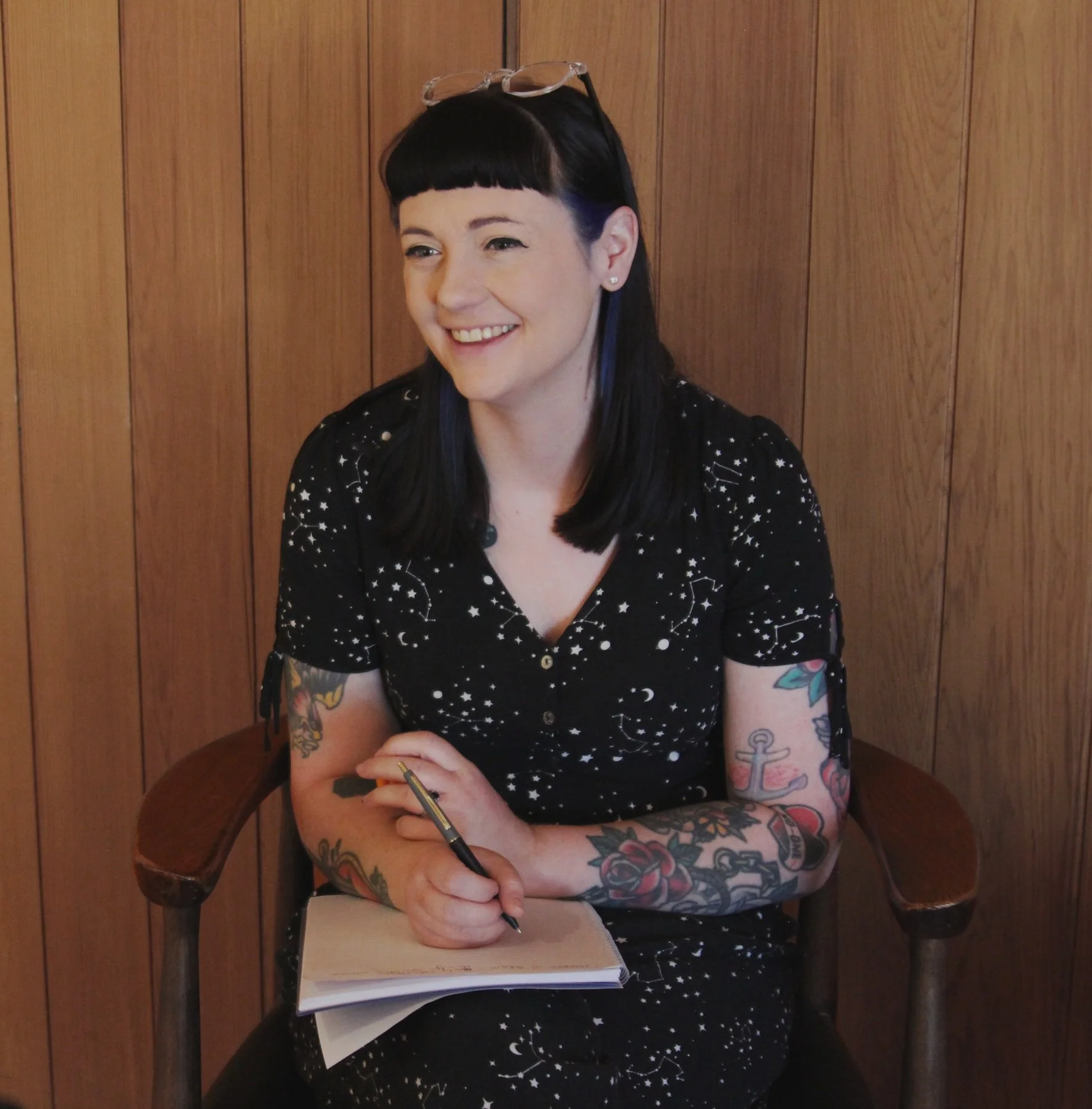

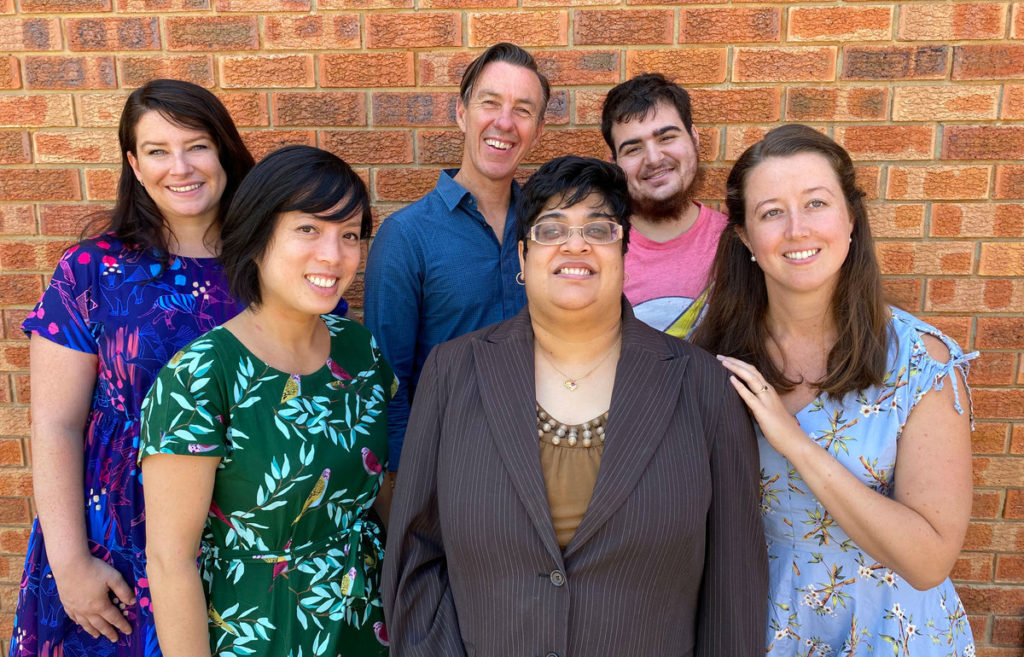


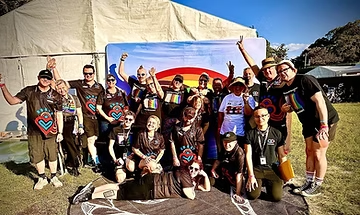






.png)

